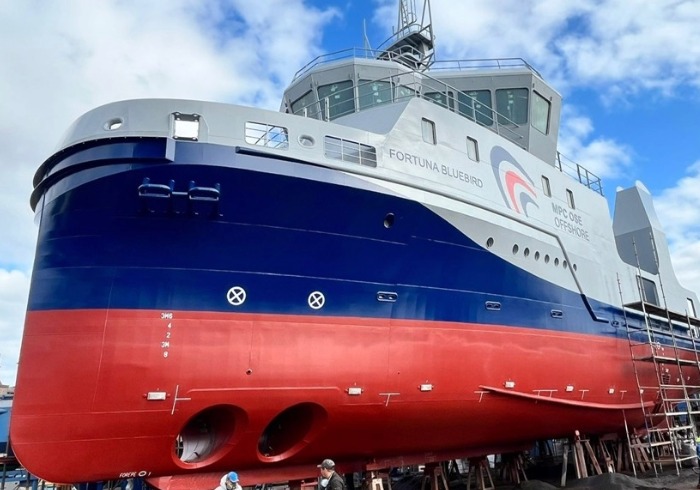The International Chamber of Commerce (ICC) has released a practical guide aimed at helping companies adopt digital trade solutions, amid fears that a lack of information is stifling digitalisation globally, especially among SMEs.
In a recent report, the ICC’s Digital Standards Initiative (DSI) reveals how some of the world’s largest banks, companies and shipping lines are digitising various trade documents and processes, including bills of lading, customs filings and fraud prevention.
The paper features 22 case studies and aims to offer an “actionable roadmap” for businesses and policymakers that complements ongoing industry efforts to establish data standards for digital trade.
“This is about changing the behaviour of organisations and individuals, whether they are public or private, large or small,” the DSI says.
The paper follows the DSI’s ‘Key Trade Documents and Data Elements (KTDDE)’ report, published in April, which sought to map common digital data standards for 36 key trade documents currently in use globally.
Small and medium-sized enterprises stand to benefit “immensely” from digitalisation, the DSI says in its latest paper, yet many of these companies remain unaware of the available resources and technologies.
“This information asymmetry is compounded by government inaction, where the absence of favourable policies, legal frameworks, and investment support acts as a significant barrier,” it adds.
Efforts to boost trade digitalisation have gathered pace in recent years, with governments in a handful of jurisdictions including the UK, France and Singapore passing laws that give electronic trade documents the same legal standing as paper ones.
But today, despite these developments, usage of digital trade documents remains low and has mainly been the domain of large multinational businesses.
In 2022, several digital trade initiatives announced they would close their doors, notably AP Moller-Maersk and IBM’s TradeLens, Marco Polo Network and we.trade. Contour, which had sought to streamline letters of credit (LCs), announced operations would cease in November after running out of funding – though was acquired by fintech company Xalts in early 2024.
The 22 case studies in the DSI’s report focus on four key areas of trade, namely shipping and logistics, commercial documents, cross-border regulatory compliance, and financial services and fraud prevention.
The shipping and logistics section contains real-world use cases from Lloyds Bank, coffee trader Sucafina, metals and mining firm BHP, and technology providers CargoX, Global Business Shipping Network (GSBN), WaveBL and TradeGo.
In one example, Sucafina partnered with logistics software firm Cargoo to create a centralised platform that automated its shipping communications, removing the need for frequent email exchanges between the company, its shippers in the origin country and its clients.
Sucafina previously faced “several challenges” including the need to submit bookings and shipping instructions manually via “multiple shipping line websites”.
A shipping instruction now takes four minutes instead of 10 minutes per submission, while the average number of email updates sent to clients has halved from eight per month to four, the report says.
In another example, BHP’s adoption of electronic bills of lading (eBLs) for iron ore shipments allowed the company to amend an issued eBL in less than 24 hours, a “significant improvement” over the traditional method, which “could take a week or more due to the need for physical document handling”.
The use of eBLs has “rapidly expanded” in maritime shipping, with over 300,000 eBLs underlying cargoes worth an estimated US$45bn having now been issued on GSBN’s blockchain platform, the report says.
The DSI report also assesses the digitalisation of commercial documents and product-related information, gathering case studies involving Tata Steel, Kanematsu Corporation, Enigio, Air8, and NeXTRADE.
In one example, Tata Steel used blockchain technology to tackle counterfeiting of precision tubes, a vital component in boilers.
The market had seen more tubes sold under the Tata brand than the company produced, yet through a blockchain certificate issuance system, Tata Steel was able to ensure traceability of its products and issue authentic certificates that could be verified by distributors and customers.
Digitalising cross-border regulatory compliance also featured as a key area of progress in the DSI report, while the fourth section focused on the digitisation of financial services and fraud prevention.
As shown in the report, mining giant Vale partnered with a group of banks including HSBC to digitalise its documentary credits. By September 2023, 46% of Vale’s LCs were processed electronically, mitigating risks such as tampering or loss and reducing turnaround times for payment cycles from eight days to six.







